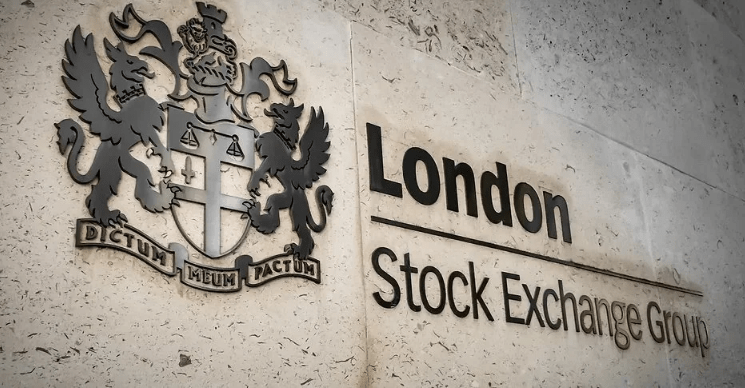The FTSE 100 is anticipated to claw back a small portion of history’s sharp losses on Wednesday, after sanctioned numbers suggested UK inflation is cooling slightly.
Consumer prices in October rose by 3.6% year-on-year, down from 3.8% in September, with a yearly increase of 0.4%.
Core CPI, which strips out unpredictable particulars such as food and energy, also edged lower to 3.4% from 3.5%, while services inflation dipped to 4.5% from 4.7%.
The data has provided some relief to investors, intimating that inflationary pressures may be stabilising, which could ease enterprises about implicit interest rate hikes.
UK Inflation Eases, Boosting FTSE 100
London’s FTSE 100 is being sloped 20 points advanced on the futures request, following a 123-point (1.3%) slide to 9,552.3 on Tuesday.
The withdrawal comes after a series of declines in global equities, with investors responding to volatility in both US and Asian markets.
Wall Street continued its downcast band history, led by tech stocks, the Nasdaq fell 1.2%, the Dow Jones dropped 1.1%, and the S&P 500 slipped 0.8%.
Judges say attention is now turning to crucial earnings reports, especially Nvidia, whose results are due after the US request closes.
Revenue for the tech giant is expected to surge 56% to $54.9bn (£41.8bn) for the three months to October, according to LSEG data.
Global Markets Mixed Ahead of Tech Earnings
Asian trading has been mixed this morning. Japan, South Korea, and Hong Kong are modestly down, while markets in mainland China and India are inching higher.
Japan’s Nikkei, already the worst-performing major index in November with a 7% drop in US dollar terms, surrendered early gains to trade flat. Mainland Chinese markets were steady, while Hong Kong’s Hang Seng slipped 0.5%.
Investors are now keeping a close eye on global tech earnings and UK profitability pointers, as a combination of softer inflation and positive commercial results could stabilise demand in the weeks ahead.
For UK investors, the FTSE 100 frequently acts as a trendsetter for broader market sentiment. The easing of affectation could reduce the pressure on the Bank of England to raise interest rates aggressively, furnishing some comfort to both retail and institutional investors.
Meanwhile, global profitable trends, from US tech earnings to Asian request movements, continue to impact London’s blue-chip indicator, pressing how connected transnational requests are.






